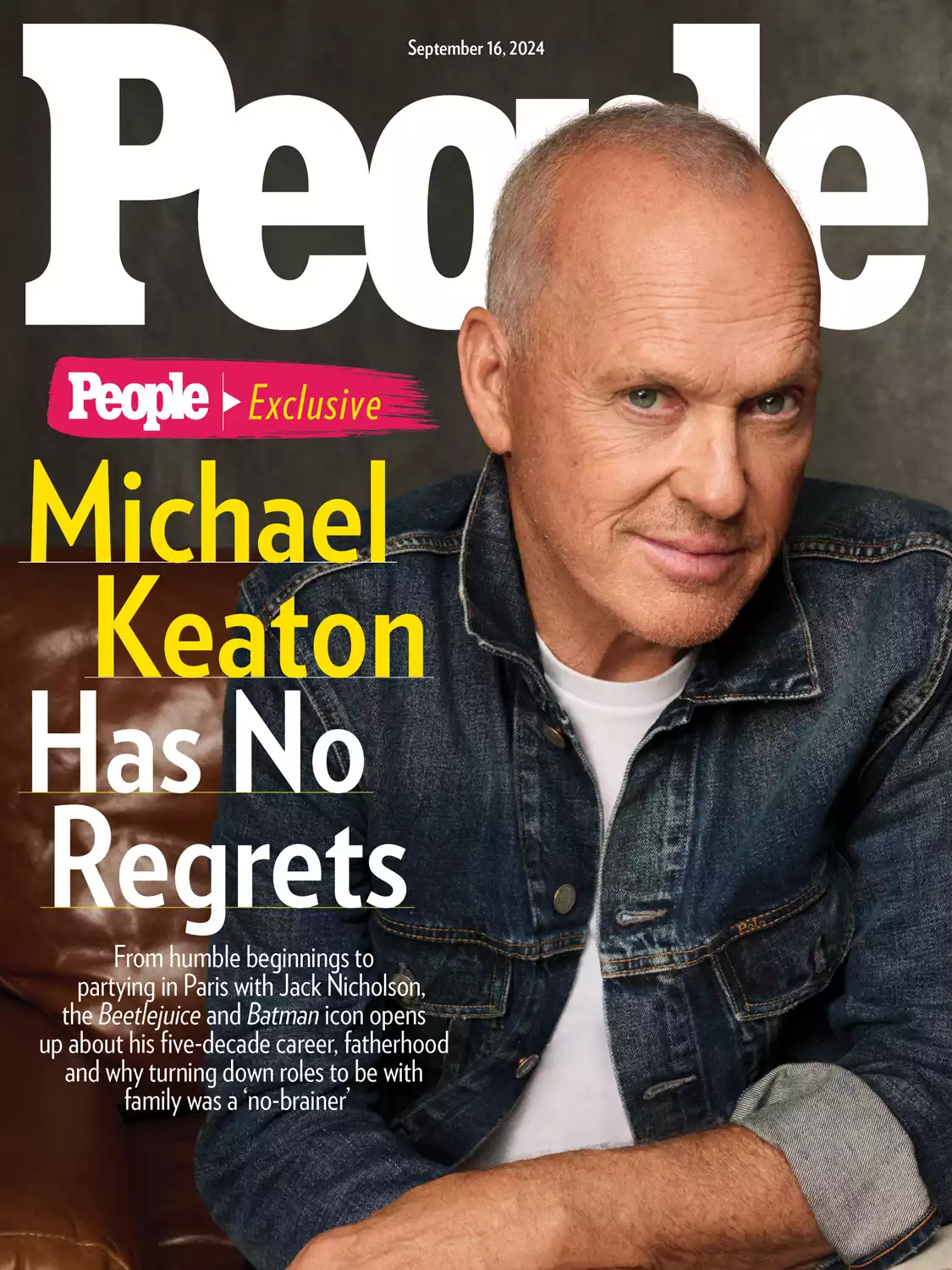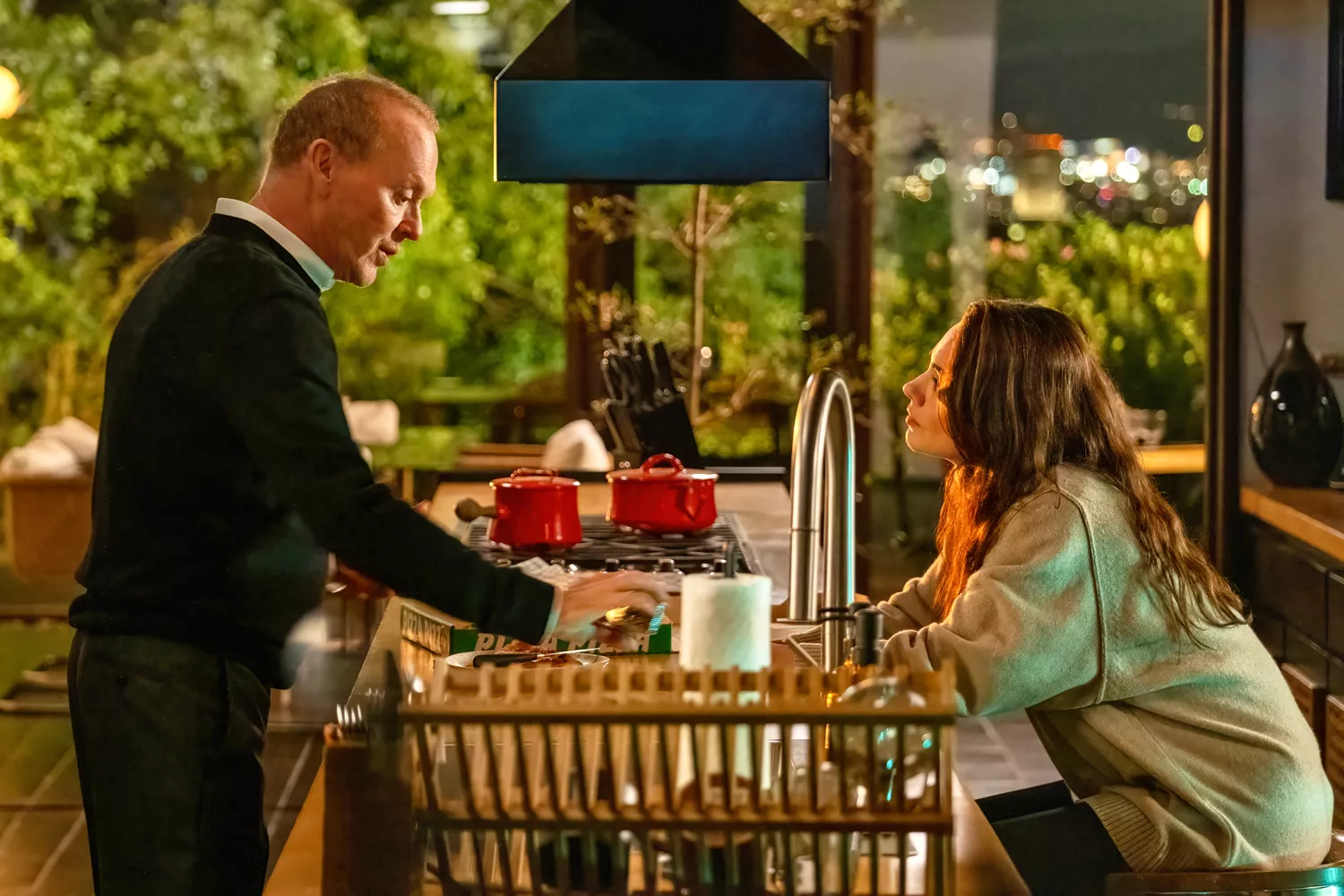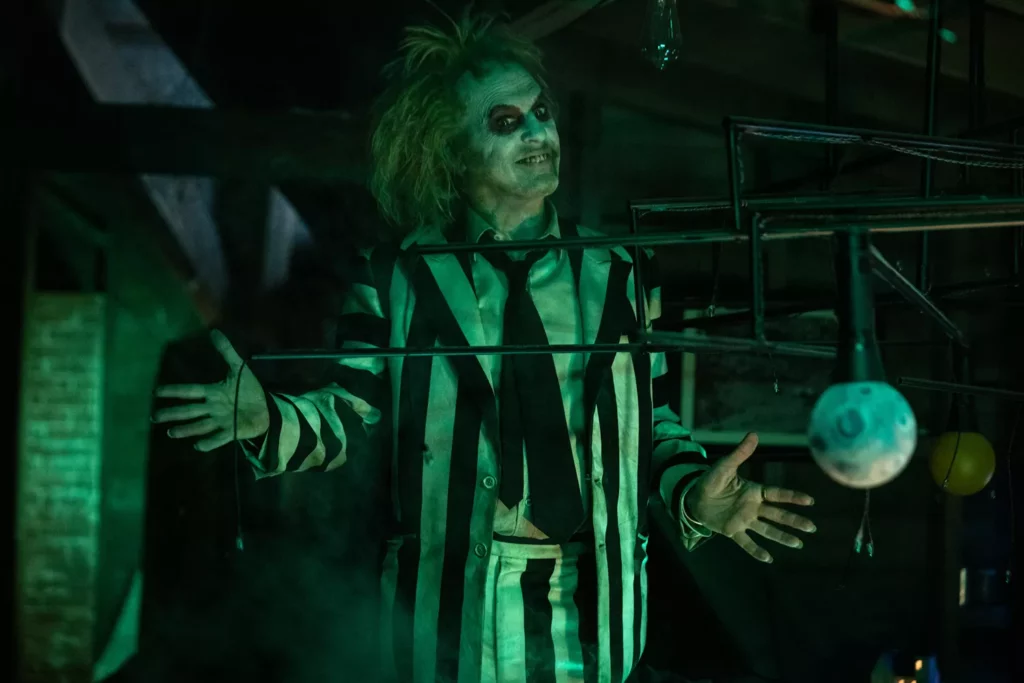According to Hollywood lore, Michael Keaton chose his stage name while trying to break into show business in the 1970s, reportedly pulling it from a phone book.
He couldn’t use his birth name, Michael Douglas, because the Screen Actors Guild prohibits members from sharing professional names. The guild already had a Michael Douglas (the future Oscar winner for *Wall Street*) and a Mike Douglas (the talk show host), leading him to adopt the name Michael Keaton.
When asked about the phone book story, Keaton told PEOPLE he isn’t entirely sure how he came up with the name that has adorned countless movie posters.

“I was looking through — I can’t remember if it was a phone book,” Keaton, 72, said, raising his famously expressive eyebrows. “I must’ve thought, ‘Let me come up with something,’ and then I thought, ‘Oh, that sounds good.’”
While “Keaton” has served him well, he is now interested in using a combination of his real name and stage name—Michael Keaton Douglas—for professional projects. He intended to do this for his recent directorial venture, *Knox Goes Away*, but forgot amid the pressures of production.
“I said, ‘Just a heads-up, my credit will be Michael Keaton Douglas.’ Then I completely lost track of it,” he explained, adding that his name appears as Michael Keaton in his latest film, *Beetlejuice Beetlejuice*, a sequel to the 1988 classic.
In the cover story, Keaton reflects on his journey from humble beginnings to becoming a movie star. The youngest of seven children born to George Douglas, a civil engineer, and Leona, a homemaker, he describes his Pittsburgh childhood as “fantastic,” despite their modest means.
Growing up, Keaton enjoyed roughhousing with his brothers and watching Westerns, realizing early on that he had a knack for entertaining. “I was always performing. Being the youngest meant I had a built-in audience, and they were always receptive,” he said. “I figured out I could make people laugh and sometimes get in or out of trouble.”
His acting career began in earnest after he dropped out of Kent State University in Ohio. He landed a role in a local production of David Rabe’s dark comedy *Sticks and Bones*, which caught the attention of a newspaper critic. “Someone mentioned a good review, and I had no idea what they meant,” he recalled.
Years of odd jobs followed, including breaking down sets and lighting shows at a PBS station for just $2 an hour, before he finally got his break in the 1979 sitcom *Working Stiffs*, alongside Jim Belushi, although it lasted only one season.

While many actors might have panicked after that setback, Keaton remained calm: “I thought, ‘If this doesn’t pan out, I know I can do other things.’ I always believed I could get by and find a small apartment or a cheap car. That mindset relieved a lot of pressure.”
Clearly, things turned out well for Keaton. In the 1980s, he established himself as a leading comedic actor with roles in films like *Night Shift* and *Mr. Mom*, before achieving stardom with *Beetlejuice* and *Batman*.
In recent years, he has garnered numerous accolades, including an Oscar nomination for Best Actor for his role as a washed-up actor in *Birdman*, and he won an Emmy, a Golden Globe, and a Screen Actors Guild Award for his performance as a doctor confronting the opioid crisis in the Hulu miniseries *Dopesick*.
While nominations are an honor, winning is particularly satisfying. “It’s definitely enjoyable,” Keaton said. “I don’t downplay that at all.”

